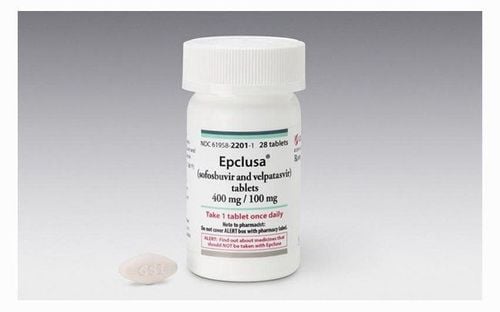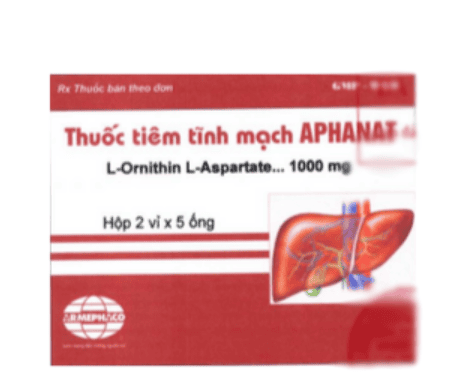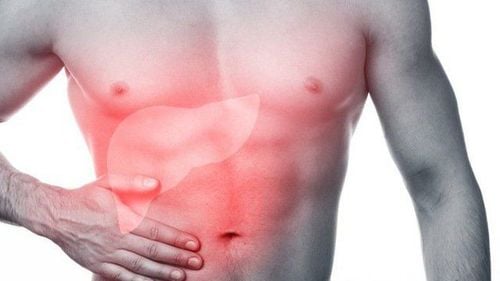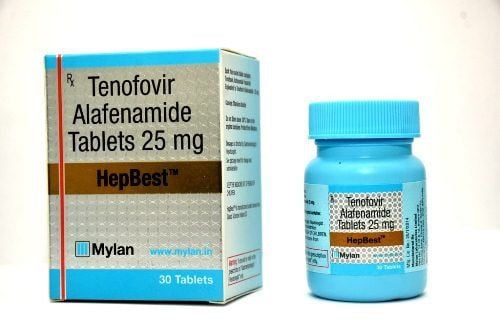This is an automatically translated article.
Portal vein thrombosis is damage to one or more branches of the portal vein caused by a blood clot that blocks it. Cirrhosis, liver cancer is thought to be the main cause of portal vein thrombosis.
1. What is portal vein thrombosis?
Portal vein thrombosis is a condition in which one or more branches of the portal vein (the vein that receives blood from the digestive tract, spleen, and pancreas to feed the liver) is blocked by a blood clot.
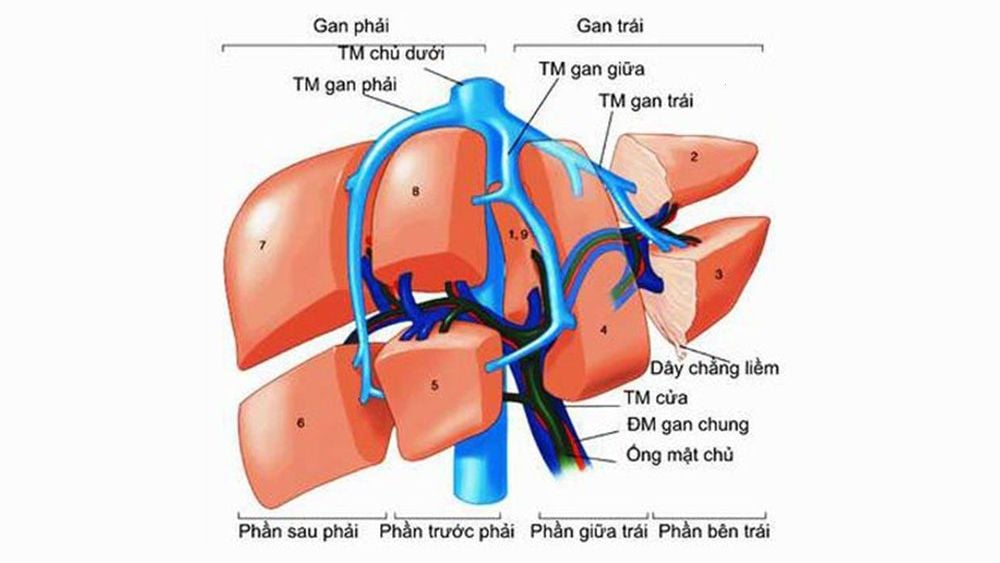
Vị trí tĩnh mạch cửa nhận máu từ tụy để nuôi gan
2. Causes of portal vein thrombosis
There are many causes of portal vein thrombosis. However, cirrhosis and hepatocellular carcinoma are considered to be the main causes of the disease (because the portal vein is the vein that receives blood from other organs to nourish the liver). When the tumor in the liver grows, it will metastasize and invade the portal vein. In addition to liver diseases, the following diseases are also believed to cause the disease:
Pancreatic - biliary tract diseases: pancreatic tumor, pancreatitis, cholecystitis Colonic disease: active enterocolitis Disorders coagulopathy,...
3. Who is at risk for portal vein thrombosis?
The following subjects are considered at risk for portal vein thrombosis:
Have liver diseases such as hepatitis B, hepatitis C, cirrhosis, hepatocellular carcinoma. Have pancreatic diseases such as pancreatitis, pancreatic tumor. Blood clotting disorder, venous thromboembolism. Hereditary portal vein thrombosis. Drinking a lot of alcohol and taking drugs that cause liver toxicity by not following the doctor's orders.
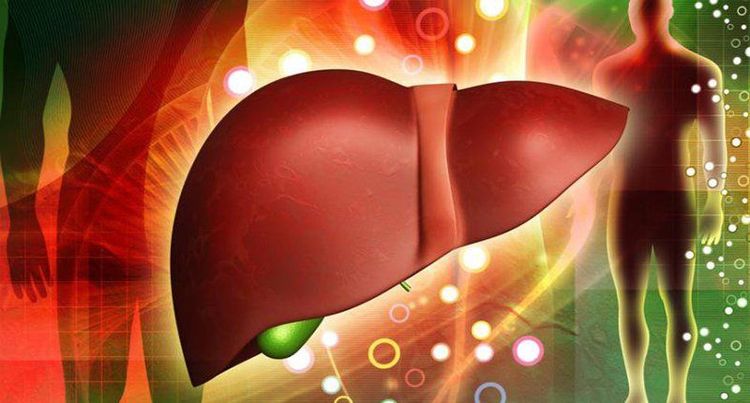
Bệnh nhân mắc các bệnh lý về gan có nguy cơ cao bị huyết khối tĩnh mạch cửa
4. Symptoms of portal vein thrombosis
Depending on the level of acute or chronic and the condition of the disease, portal vein thrombosis will have different symptoms.
Acute: Usually, in the acute stage, the disease has no obvious symptoms. Patients often face acute and transient abdominal pain, indigestion, bloating, nausea, diarrhea, anorexia, loss of appetite, leading to weight loss,... Chronic: Patient There may be symptoms of portal hypertension such as splenomegaly, ascites, or bleeding due to dilated and ruptured esophageal veins.
5. Treatment of portal vein thrombosis
Currently, there are treatment methods for portal vein thrombosis, which are:
Surgical removal of thrombus: This method is indicated for patients in the acute stage, where the blood clot is located in first extrahepatic branch; and is not indicated for patients with chronic stage or blood clots that have spread to other venous branches such as hepatic veins, spleen, superior mesentery, patients with cirrhosis, carcinoma of the liver. end stage hepatocellular tissue, invasive tumor and distant metastasis, patients with respiratory and cardiovascular diseases, coagulation disorders, ... The patient will undergo surgery to remove the thrombus. , prevent long-term thrombosis that causes vascular occlusion leading to varicose veins.
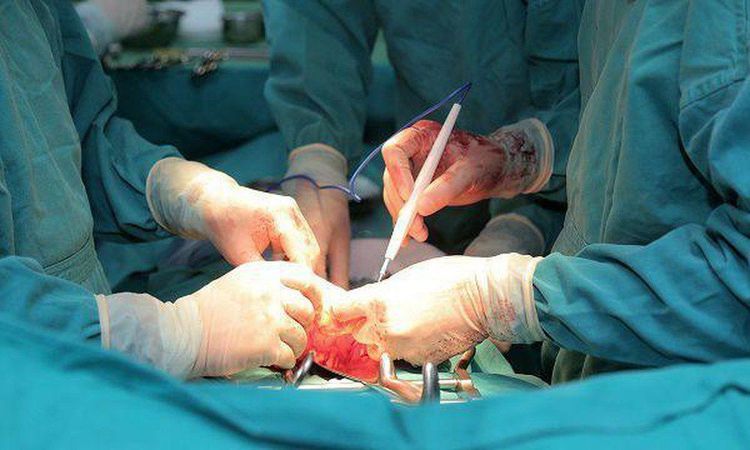
Phẫu thuật cắt bỏ huyết khối để tránh tắc lòng mạch
Surgery to remove the portal vein and reconstruct it with an artificial vessel: This method is indicated for patients with portal vein thrombosis due to tumors in the pancreas, invasive biliary tract; Not indicated for distant metastatic tumors, peritoneal metastases, patients with coagulation, respiratory and circulatory disorders. The patient will undergo surgery to remove the portal vein that has been invaded by the tumor, then reconstruct and connect it with an artificial vessel. Radiation embolization: This method is indicated for cases of portal vein thrombosis due to invasive liver cancer. This is a modern treatment method, combining the specialties of radiology, gastroenterology, cardiology and nuclear medicine. The patient was selectively irradiated with the tumor through the artery, in order to limit the damage to the surrounding healthy liver parenchyma. To prevent portal vein thrombosis, it is necessary to limit the use of stimulants and exercise regularly. If you have liver, pancreatic, biliary tract diseases, or blood clotting disorders, venous thromboembolism, you should visit your doctor periodically for timely monitoring and treatment.
Periodic liver cancer screening is one of the ways to detect the disease early, even when there are no symptoms, to minimize the complications caused by liver cancer.
Currently, Vinmec International General Hospital is implementing packages of screening and early detection of liver cancer suitable for many subjects at different risk of disease. This helps doctors detect cancer early since there are no symptoms. With a team of leading medical experts in the field of oncology, the most modern machine in the region will provide the best conditions to help. for screening for early detection of liver cancer.
Customers can directly go to Vinmec Health system nationwide to visit or contact the hotline here for support.




